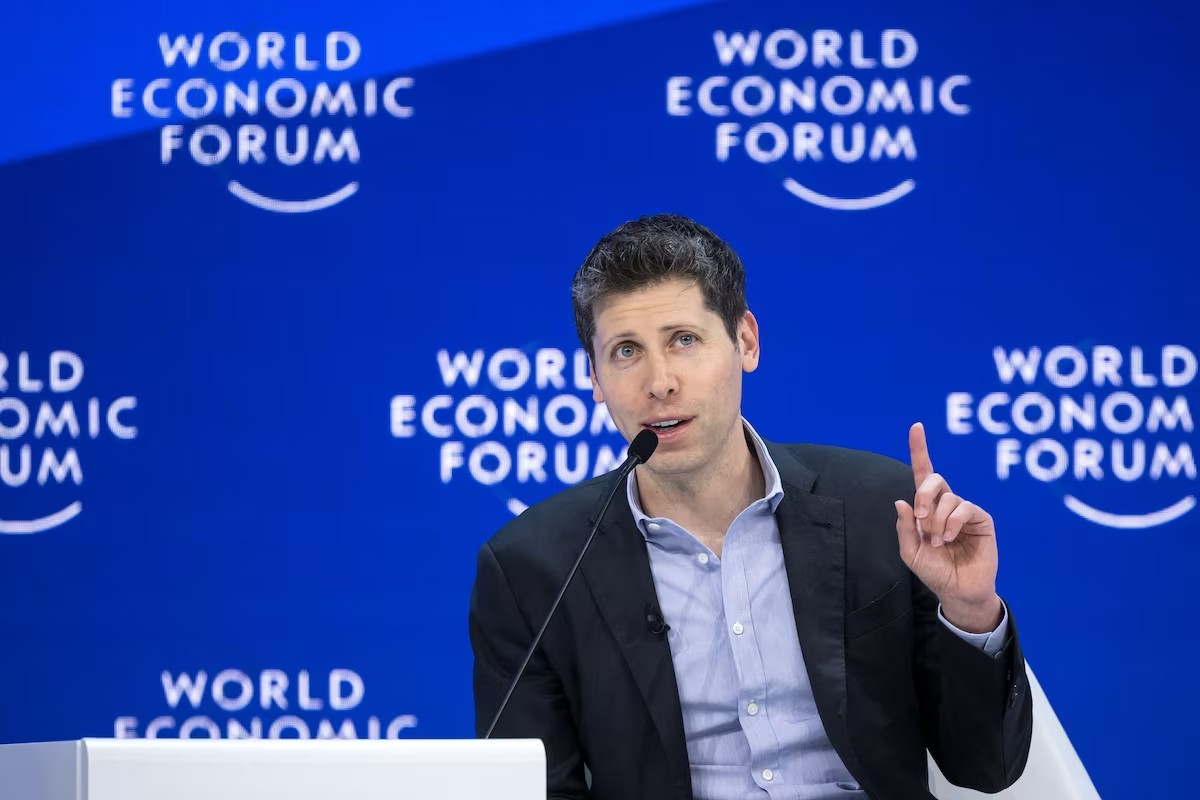
Por Contxto
January 25, 2024
The venture aims to address the increasing demand for semiconductors needed to train and run AI applications, including generative AI products like ChatGPT. Altman argues that an abundant and cost-effective chip supply is key to maintaining U.S. competitiveness in both economic and military spheres.
As part of this project, Altman is exploring potential collaborations and locations for new semiconductor factories, or “fabs.” The venture could involve building new facilities or partnering with established chipmakers such as Taiwan Semiconductor Manufacturing Co. (TSMC), which produces about 90% of the world’s advanced chips.
In his vision, Altman seeks to raise billions, potentially trillions, from global investors, acknowledging the increasing significance of chips in the rapidly advancing AI sector. The endeavor may mirror Apple’s strategy of investing heavily in TSMC to secure a steady chip supply.
The White House’s recent announcement of the $52 billion Chips for America program, offering subsidies to boost domestic production, aligns with Altman’s objectives. This federal initiative is part of President Biden’s broader economic and technological strategy, showcased in his reelection campaign.
Building advanced chips is a complex and costly process, requiring specialized “clean rooms” and significant labor and capital investment. Major U.S. chip companies like Nvidia and AMD, while leaders in semiconductor design, largely depend on external manufacturers, particularly TSMC.
Altman, recognized for his ambitious projects spanning various futuristic technologies, emphasizes the urgent need for increased chip production to support the burgeoning AI revolution. However, the tech industry’s views on this demand vary, with some experts predicting a slowdown in AI chip demand as more efficient computing methods emerge.
Currently, Nvidia’s AI chips are industry leaders, but competitors like AMD, Intel, and tech giants such as Google and Amazon are investing heavily to develop alternative solutions.